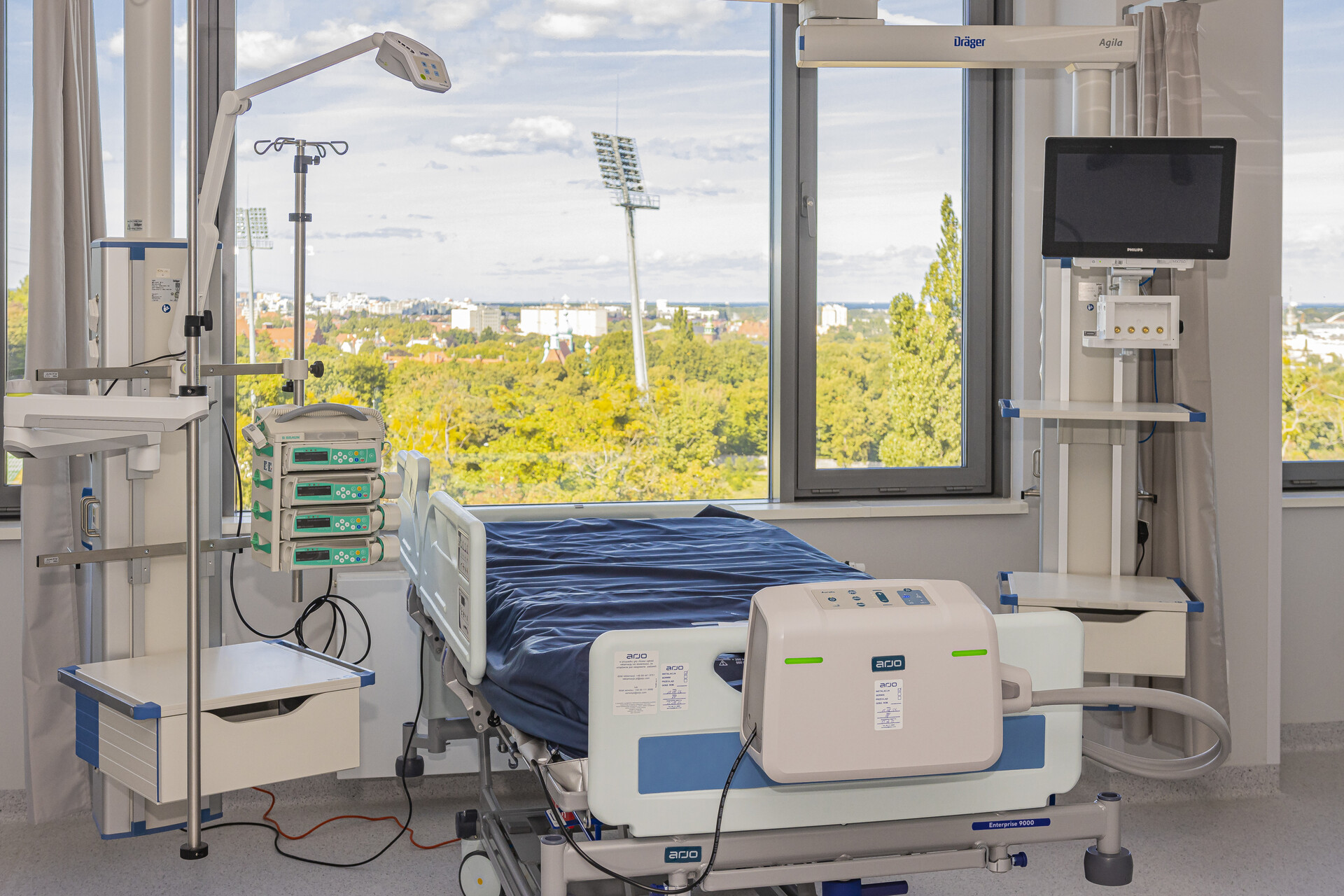Success of scientists from Gdansk. Thanks to a new therapeutic method, a stroke patient has recovered.
- In the world's first patient treated with our proposed regimen, we achieved resolution of all symptoms of acute stroke," reports Prof. Bartosz Karaszewski, MD.
Stroke is the most common cause of permanent disability in adults worldwide and one of the most common causes of death. As many as 85% of all strokes are ischemic strokes (UNM) - caused by acute closure or critical narrowing of an intracranial or intracerebral artery. The direct cause of more than 20% of UNMs is cardio-arterial embolism. This is a situation in which thrombi in the cavities of the heart with the blood stream reach and cause the closure of one of the intracerebral arteries.
- I was speechless, I began to babble, I had difficulty keeping my balance, my face contorted. I wanted to say something, but it was very difficult for me. I just said - "ambulance." The doctor who admitted me suggested treatment as part of a tested therapy for patients like me. When I heard this, I had no doubts, I wanted to return to work, to be independent. I enjoy fishing with my grandson, I am interested in sports. I couldn't imagine that this could change. When the doctor offered to participate in the study, I knew it was an opportunity," says Mr. Edward, a stroke patient and participant in the clinical trial.
The research team, led by Prof. Bartosz Karaszewski, head of the Department of Neurology from the Medical University of Gdansk, is the beneficiary of two competitions of the Medical Research Agency, under which it has received funding totaling more than PLN 30 million. Both grants are dedicated to creating new therapeutic options in specific groups of patients with acute ischemic stroke.

The STROACT project is studying the efficacy of a complex pharmacotherapy regimen created by the researchers in patients who have suffered a closure of either a small or medium artery supplying blood to the brain in those permanently taking so-called anticoagulants. This is the largest group of stroke patients who, even if they are hospitalized quickly enough, cannot currently receive any causal treatment - with a potentially radical therapeutic effect.
- In the world's first patient treated with our proposed regimen, we achieved a full early therapeutic effect - resolution of all symptoms of acute stroke, which are taken into account by the so-called NIHSS scale," explains Prof. Bartosz Karaszewski, MD, principal investigator. The neurologist cautions, however, that this does not yet prove the effectiveness of the new therapy, and a final judgment on the matter will have to wait until the project is completed.
The hypothesis of the present study is that patients taking the most popular new anticoagulants for ischemic stroke, if they are not in the group eligible for mechanical thrombectomy, may receive effective reperfusion treatment according to the new regimen - studied by the researchers.
- There were a lot of people around. A large room, with beds of other patients on the sides. Monitors, sounds. The doctor examined me several times. I was given IVs and drugs to help. I remember everything until my blood pressure dropped. After that, it became clearer again. Speech returned, I could feel my mouth better, my right hand worked well again. Later that same day, all symptoms subsided. My wife arrived. I continue to work, I have no problems with it. I go fishing with my grandson," rejoiced Mr. Edward, a participant in the clinical trial.
- If the study proves effective, each year dozens or even hundreds of additional people on the scale of a country like ours will return to normal or near-normal life activities after a stroke, and probably in such a case the standards would also be implemented by international societies, adds Prof. Bartosz Karaszewski, the principal investigator.
The second WAKE-IN project will study the effectiveness of an invasive method of treating ischemic strokes - mechanical thrombectomy - in specific, precisely selected groups of patients who have suffered closure of a major artery supplying blood to the brain, but who, by today's standards, cannot undergo such a procedure.
World Brain Day
July 22 marks World Brain Day. According to the WHO, by 2030 brain diseases will become the biggest health threat leading to disability or death. Brain diseases include neurological ailments such as stroke, Parkinson's, Alzheimer's and multiple sclerosis, as well as mental illnesses - depression or schizophrenia. These even include headaches, insomnia or migraine.
Photo 1. Department of Adult Neurology_photo by Pawel Sudara GUMed